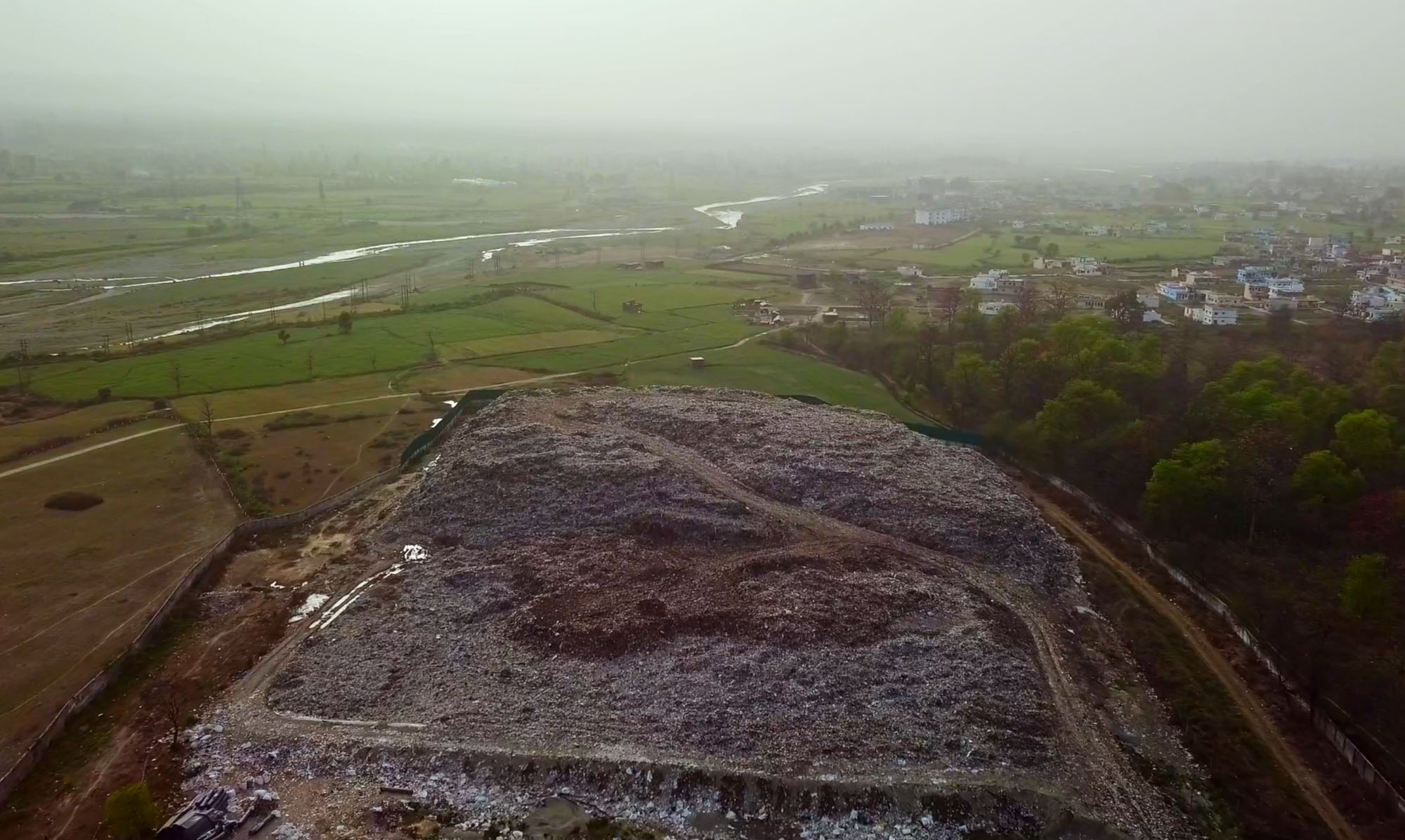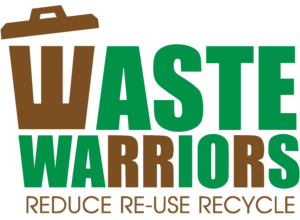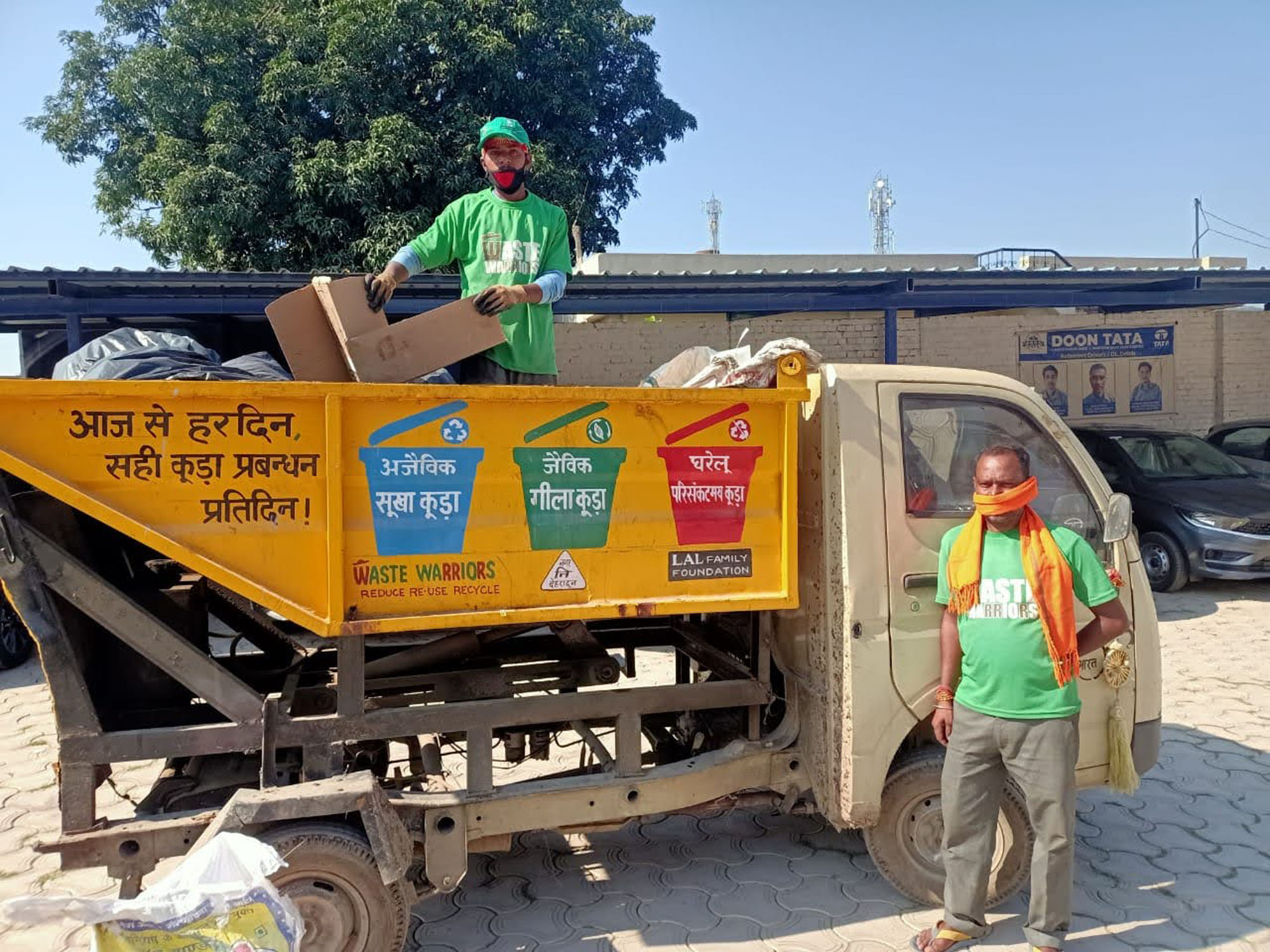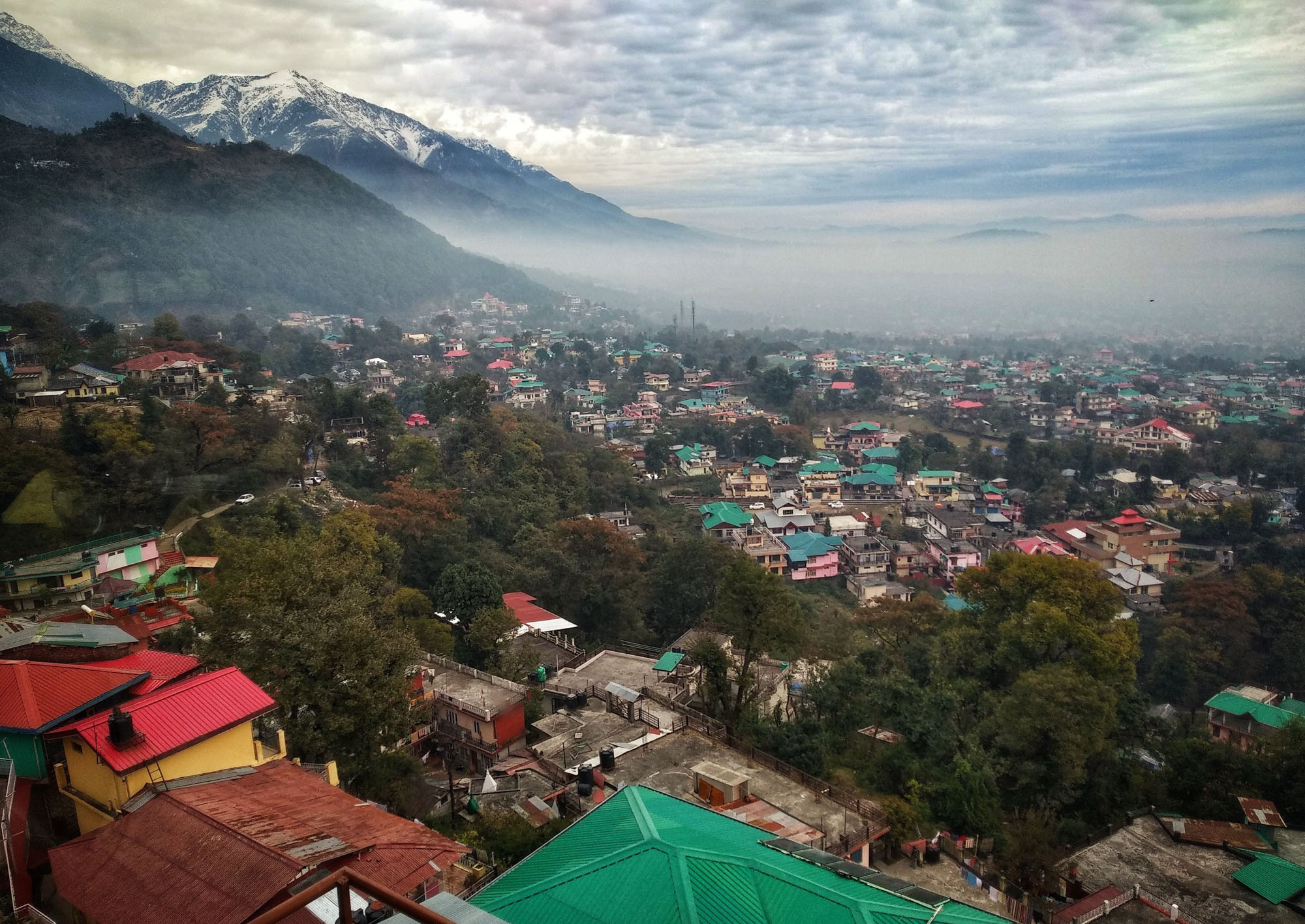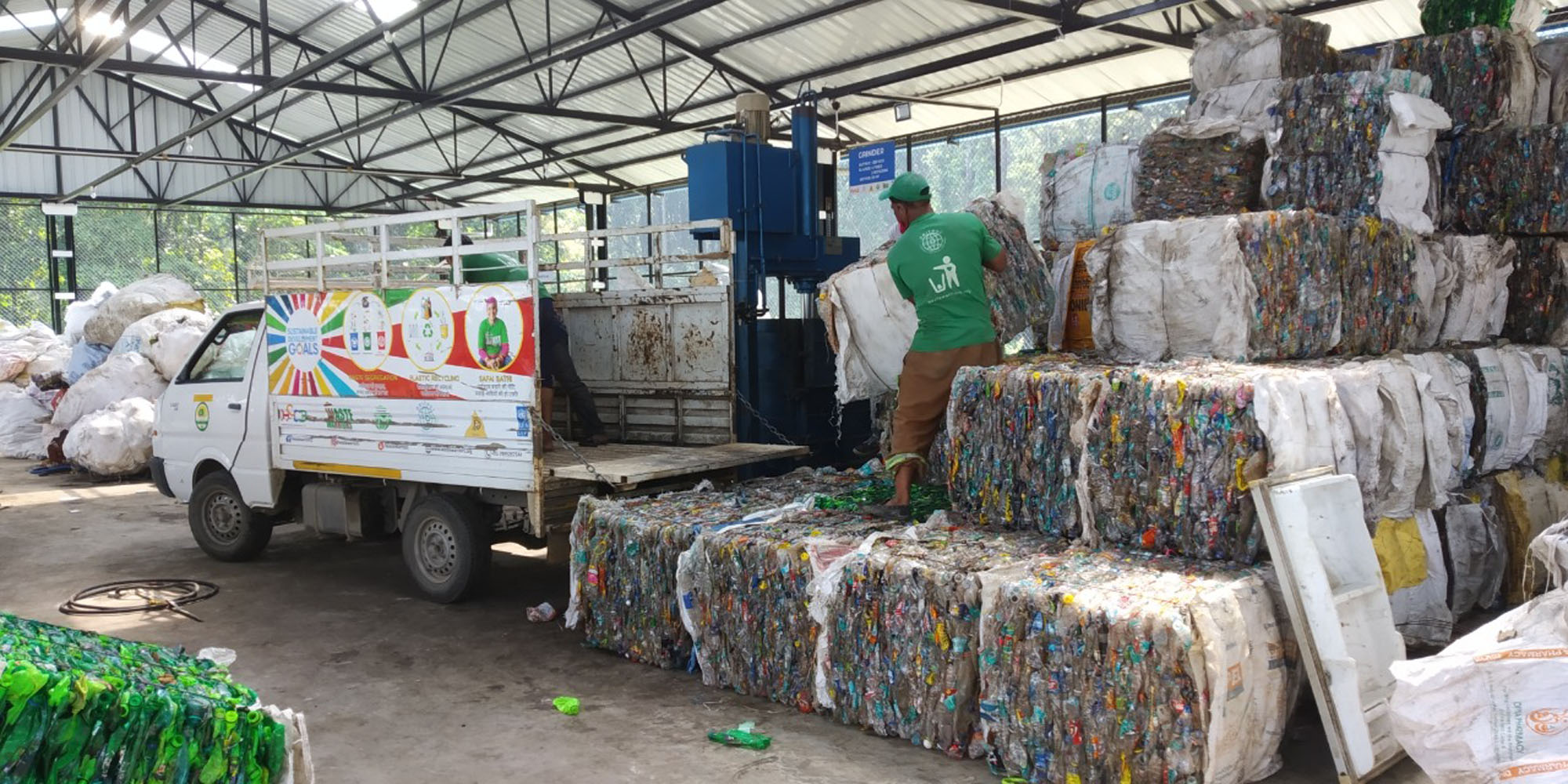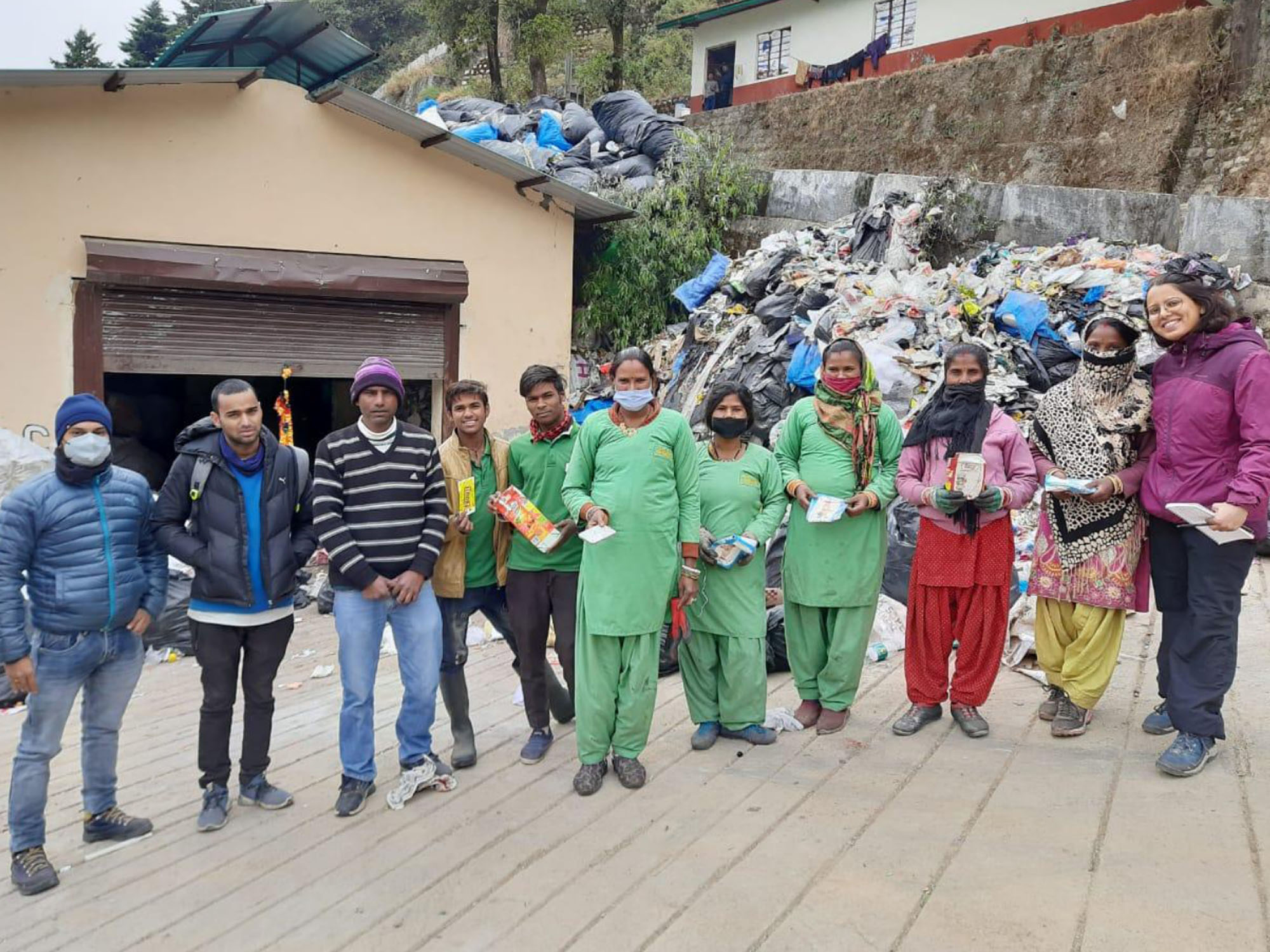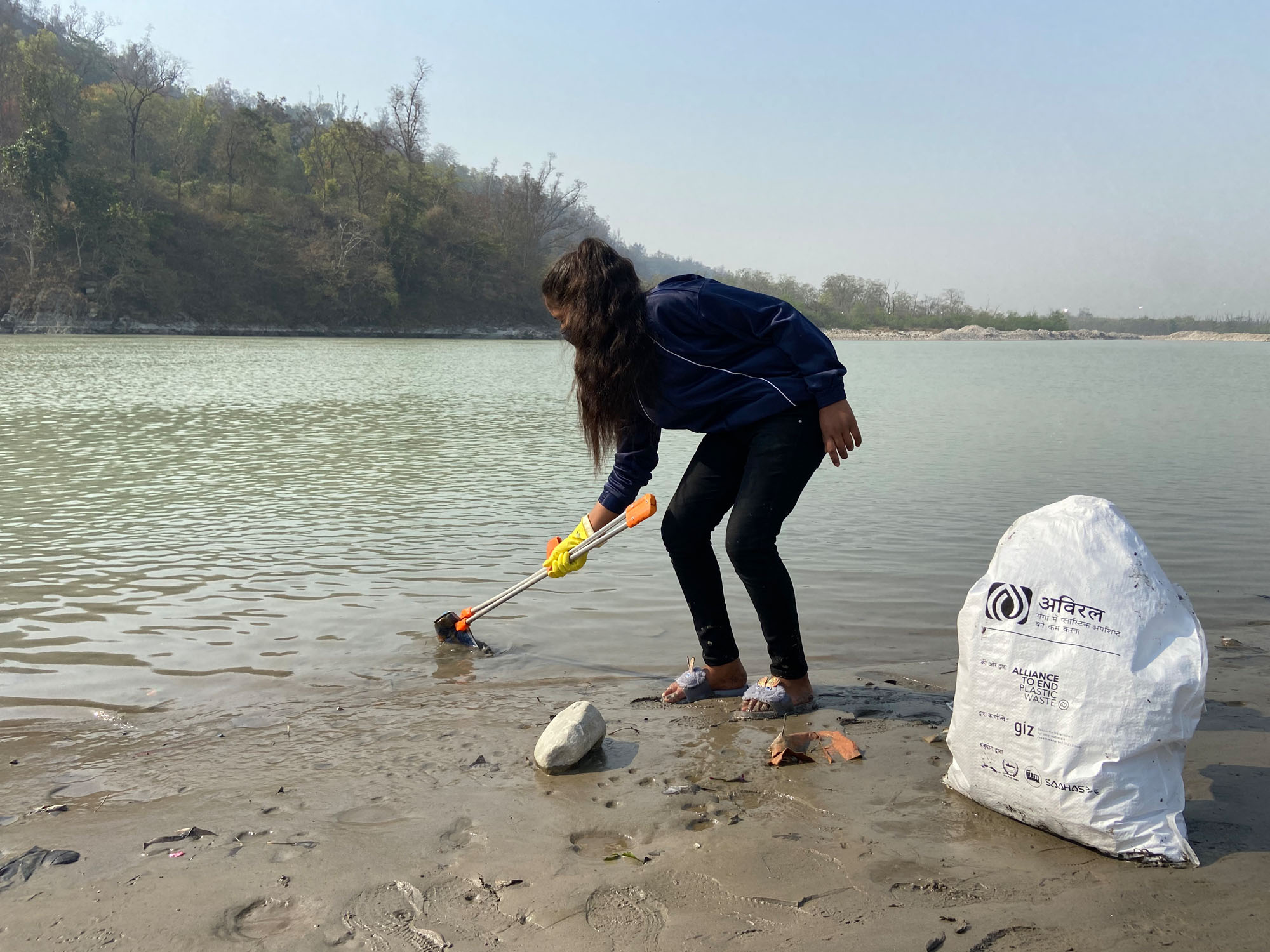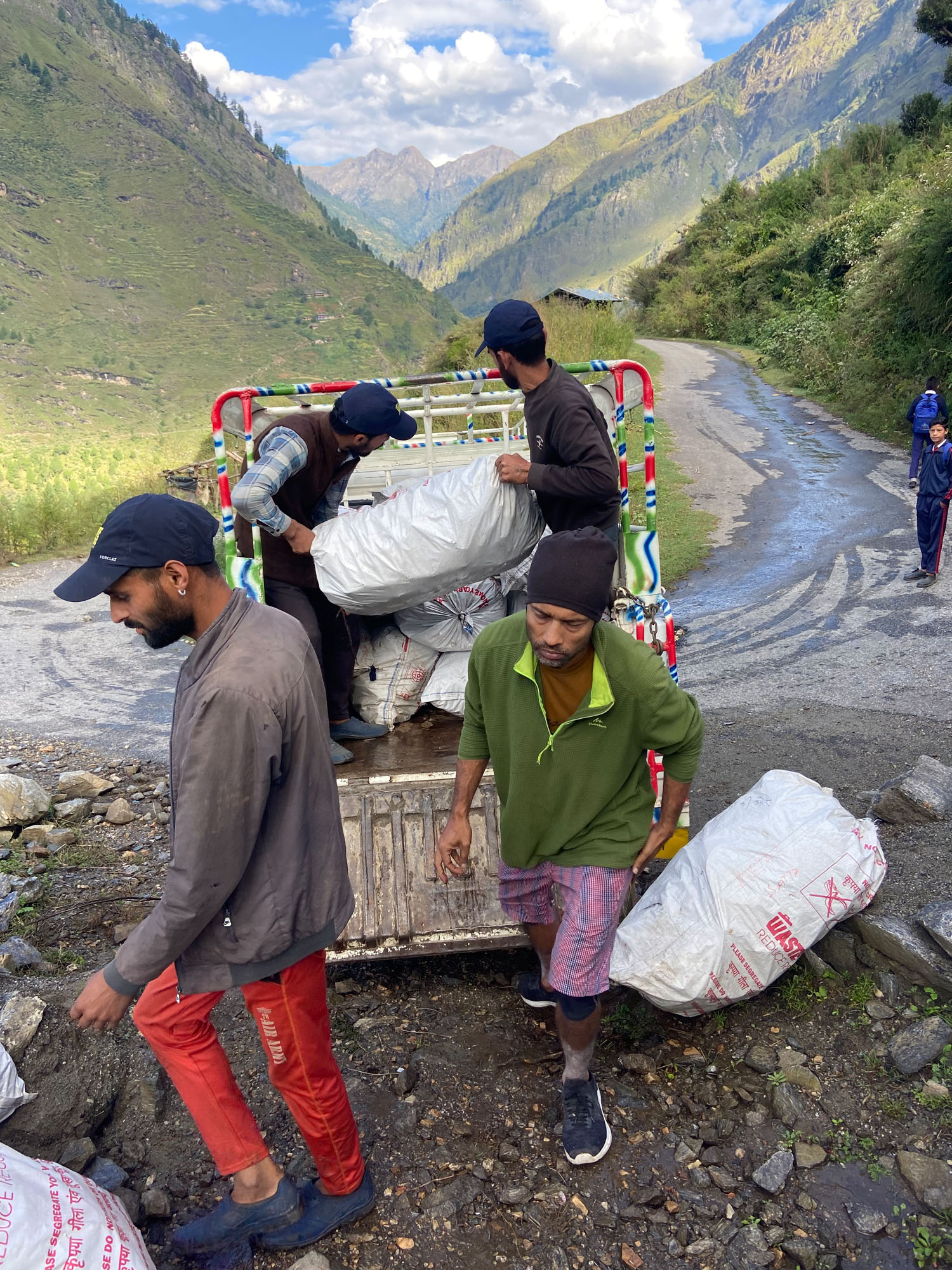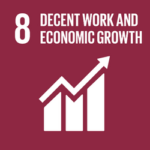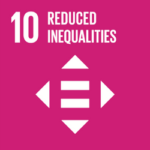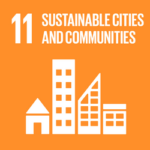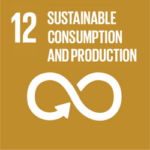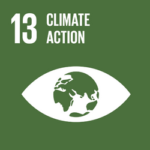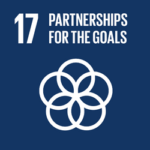The Problem
Tourism-related activities in the Indian Himalayan Region generate over 8.4 million MT of waste per annum. This is projected to increase rapidly over the next few years as the tourism boom continues. Due to a lack of proper collection and processing systems, over 60% of this waste is dumped or burned in the open.
When waste is dumped in these eco-sensitive areas, it generally ends up in our forests or water bodies, and when it is burnt in the open, it releases dioxins and furans, some of the most toxic and carcinogenic chemicals known to scientists.
This senseless dumping and burning impacts countless species of wildlife in the region, who ingest the waste and inhale the fumes.
Waste burning also releases black carbon, a significant source of pollutants, leading to the faster melting of the Himalayan glaciers, thereby reinforcing anthropogenic climate change.
Unfortunately, the marginalized communities who live near landfills and dumpsites and wildlife who live in these eco-sensitive regions are the most vulnerable to the impacts of waste!
Waste dumping also contributes to the global ocean plastic pollution crisis and increases microplastics in our water sources. Plastic pollution has reached everywhere, from the highest point on land, Mount Everest, to the lowest point in the sea, Mariana Trench.
Over the years, there has been more documented evidence of an increase in microplastics in human blood, in the placenta of unborn babies, and even in something as sacrosanct as a mother’s breastmilk. This is simply unfair, and unsustainable in the long term!
Waste burning also releases black carbon, a significant source of pollutants, leading to the faster melting of the Himalayan glaciers and thereby reinforcing anthropogenic climate change.
